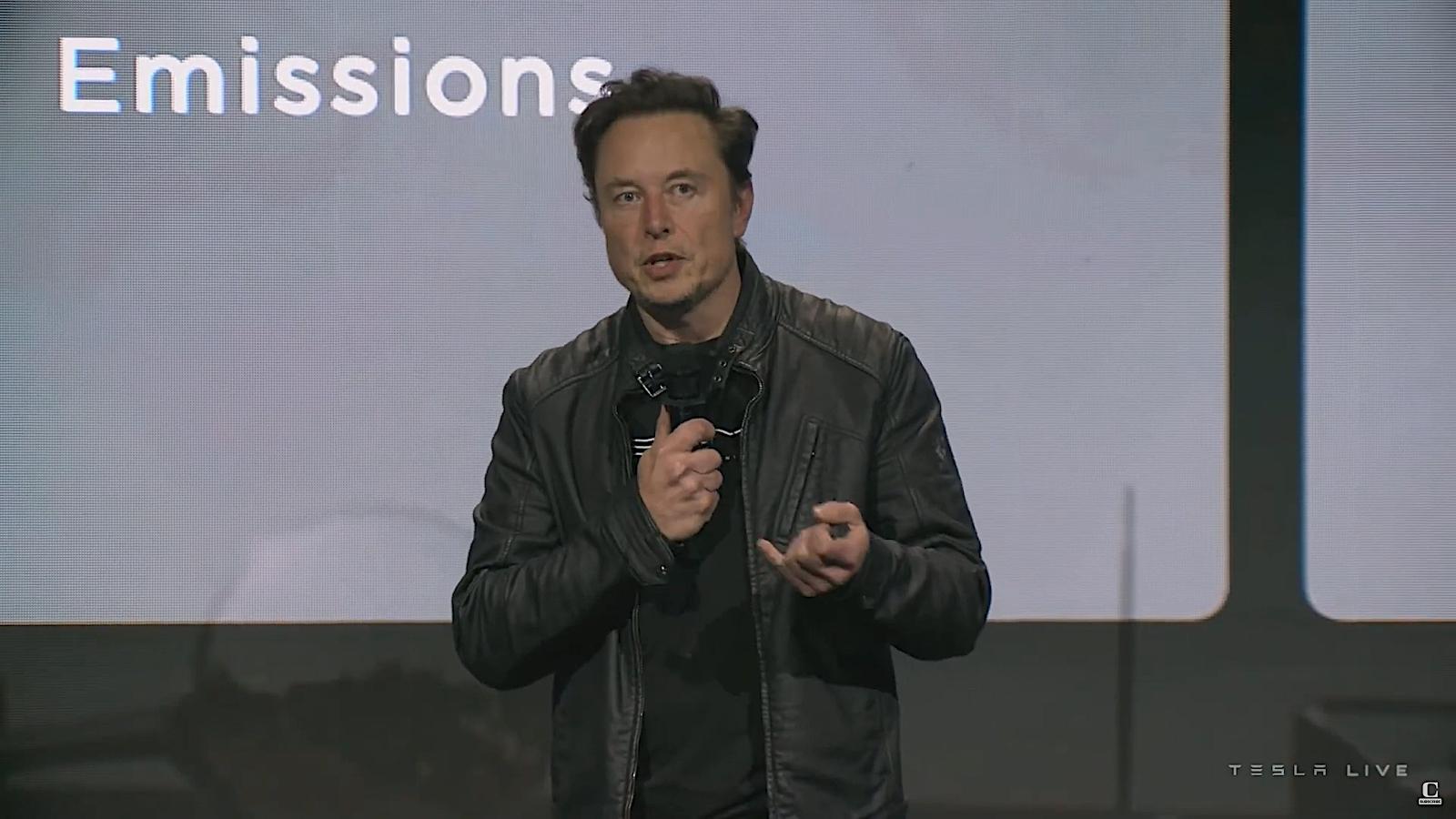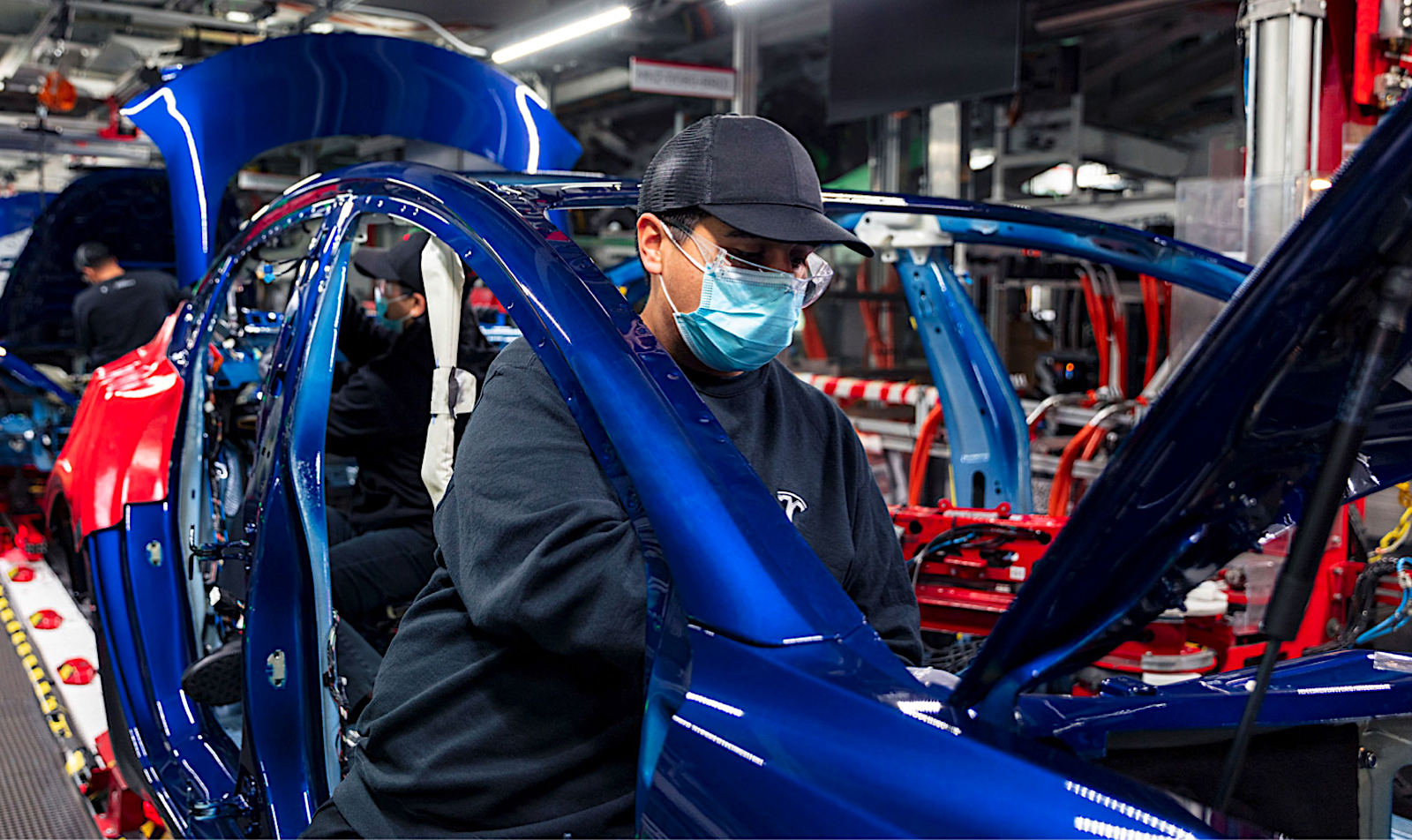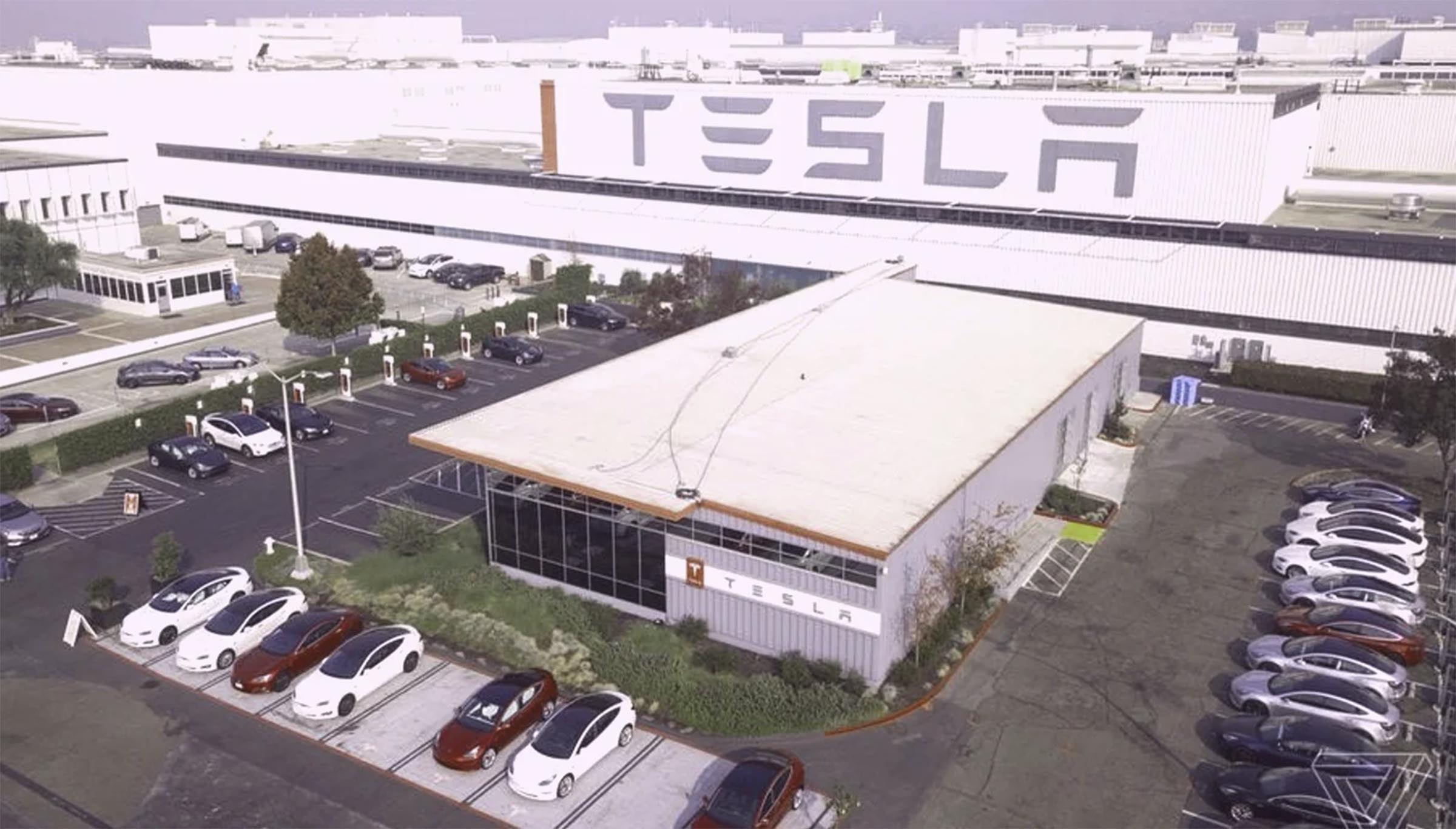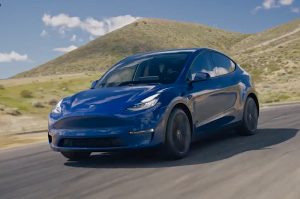Tesla has become the latest automaker to raise wages for its U.S. workers, a move that industry-watchers see as an effort to stall an organizing drive by the United Auto Workers Union. The Texas-based EV manufacturer is seen as particularly vulnerable, especially at its California assembly plant which has faced numerous complaints about racial and sexual harassment and unsafe working conditions.
Tesla has advised its U.S. workers that they will getting pay hikes – though the carmaker has yet to reveal the exact amount of the increase.
The automaker is widely believed to have the lowest labor costs of any major automaker operating in the U.S. market – a gap that grew even greater after the United Auto Workers Union achieved what leaders described as a “historic” new contract with the Detroit Big Three last year.
A number of other automakers, including Honda, Hyundai and Toyota, have given workers wage hikes since the UAW ended a 6-week strike against General Motors, Ford and Stellantis. According to a number of industry-watchers, those moves are seen as an effort to blunt the largest effort ever by the UAW to organize the many non-union auto plants that have popped up across the country over the last three decades.
More Tesla News
- Tesla rolls out updated version of Model 3 sedan
- Tesla sales set new record but miss target and Q4 falls behind China’s BYD
- 2 mil Teslas recalled for Autopilot defects
Tesla in the bullseye

Tesla and CEO Elon Musk have come under fire for improperly attempting to block past UAW organizing efforts.
Tesla has been described as particularly vulnerable considering the long history of labor turmoil at its original assembly plant in Fremont, California. The facility has faced repeated complaints about sexual and racial harassment, harsh working conditions and claims of high injury rates.
Given the history of the Fremont plant and the sensitivity of California to worker issues, it Is a ripe setting for a union organizing effort,” said Marick Masters, a labor history professor at Wayne State University in Detroit.
With reports out of the plant suggesting that workers are showing interest in the UAW organizing drive, the decision to raise wages now “has an undertone of trying to stall any UAW effort,” said Masters, “to keep the union at bay so they can continue to operate a union-free environment.”
Fighting dirty

Tesla is facing cost pressures due to price cutting on products like the Model 3 – its updated version shown here.
Tesla has made it clear it doesn’t want to see any of its plants take on a union, and its efforts to block organizing efforts has come under fire on several occasions.
In 2021, the National Labor Relations Board ruled that Tesla improperly obstructed organizing efforts on a number of occasions, among other things firing an activist at the Fremont plant, which currently employs about 20,000 hourly workers.
CEO Elon Musk was also called out for warning workers they might lose stock options if they unionized.
It’s believed the UAW is focusing its efforts on organizing the Fremont plant which is located near union-friendly San Francisco. The automaker also operates a Gigafactory battery plant in Reno, Nevada, as well as a newer, second assembly plant in Austin, Texas, a state with a long history of opposing unions.
Tesla likely to retain its cost advantage
Exactly how much more Tesla will give workers is unclear, according to the Bloomberg news service which saw an internal document advising workers of the increase. But the automaker is still expected to have one of – if not the – lowest cost of labor among any auto manufacturer in the U.S. market.
In data provided by Ford Motor Co. as it negotiated a settlement of the UAW strike last autumn, the automaker estimated Tesla was paying at least $20 an hour less than Ford after factoring in wages and benefits. All three Detroit automakers agreed to immediate, 11% raises as part of their new contracts, meaning an even bigger gap. And wages will eventually go up by 25% over the course of the 4.5-year agreements.
But Tesla has faced declining margins over the past year as it has repeatedly lowered prices on key product lines such as the Model 3. CEO Musk has promised to reduce production costs on future models by as much as 50% using new manufacturing systems. But the latest wage hikes could make it more difficult to achieve that goal.







0 Comments